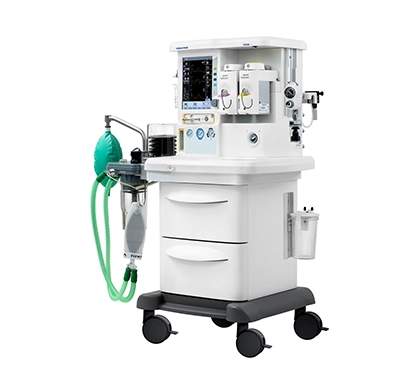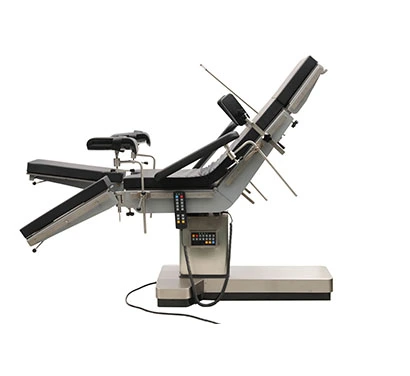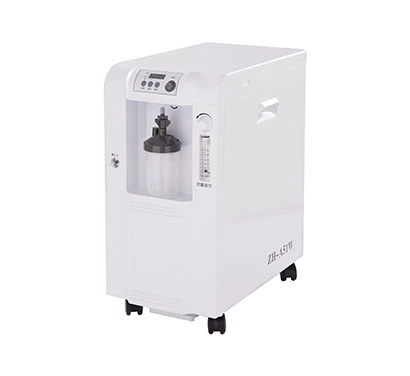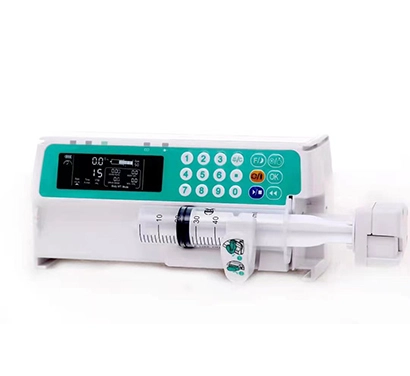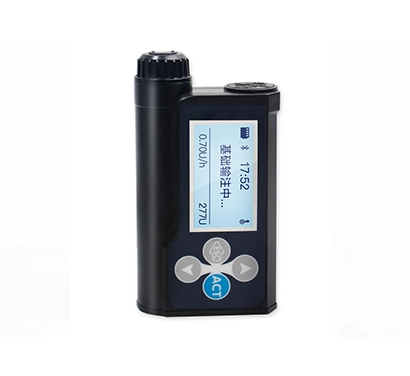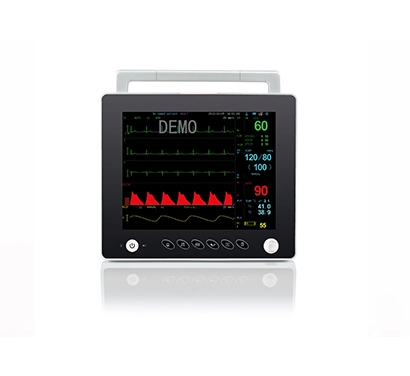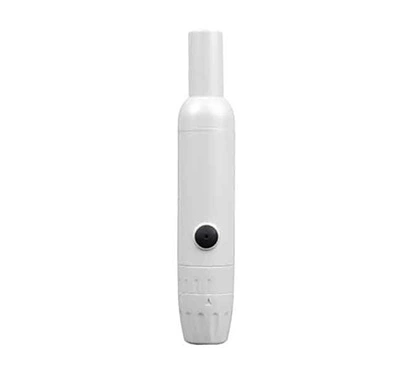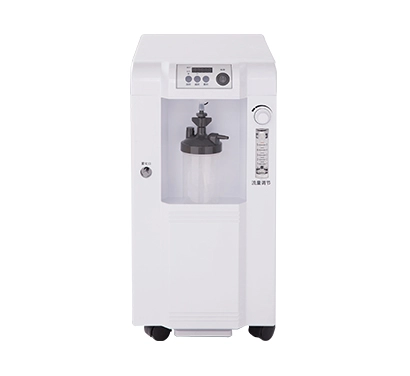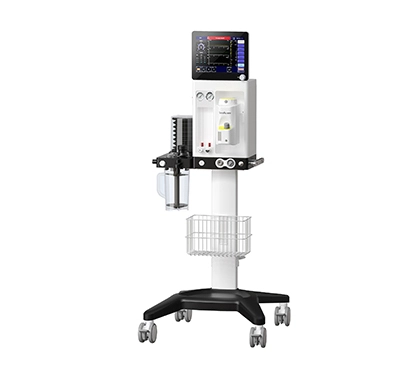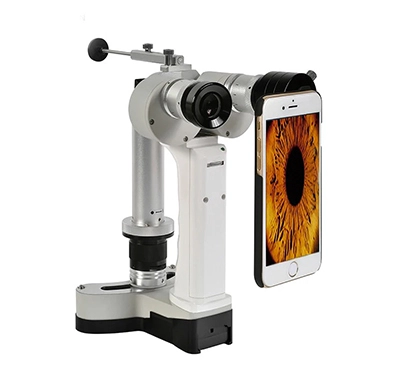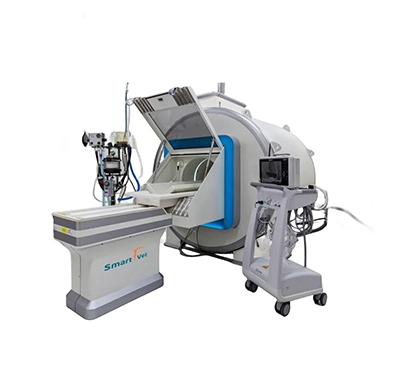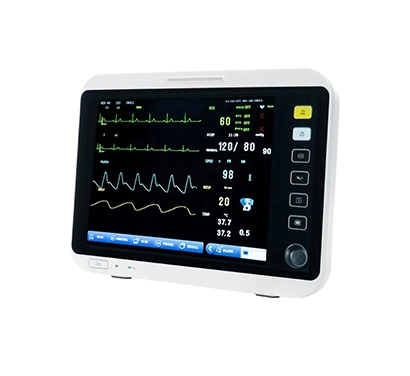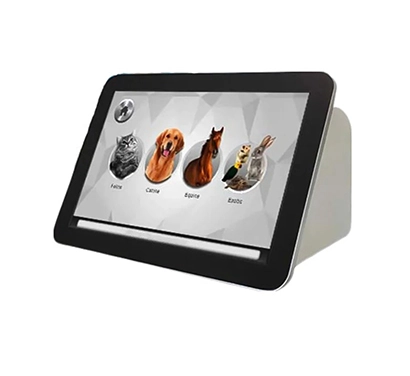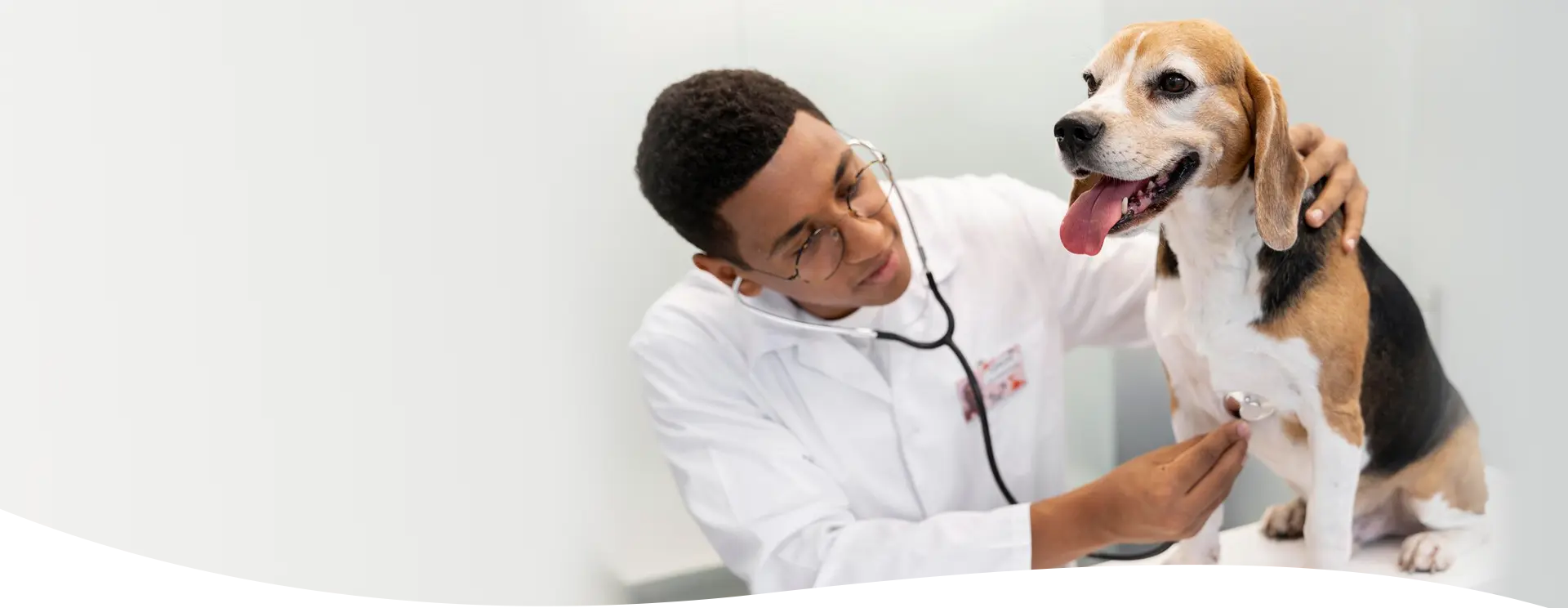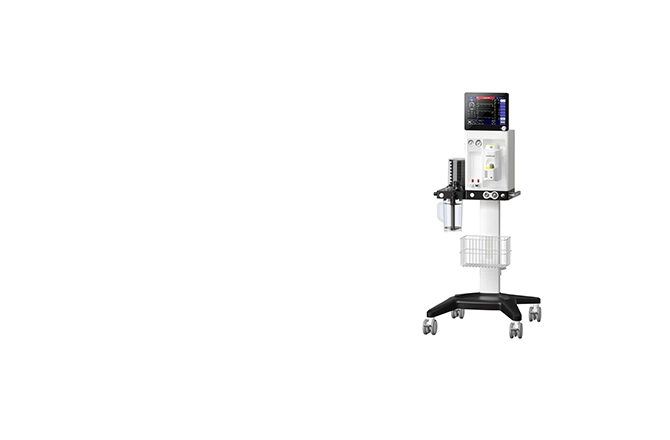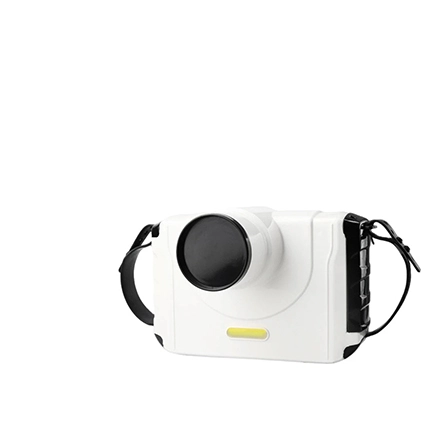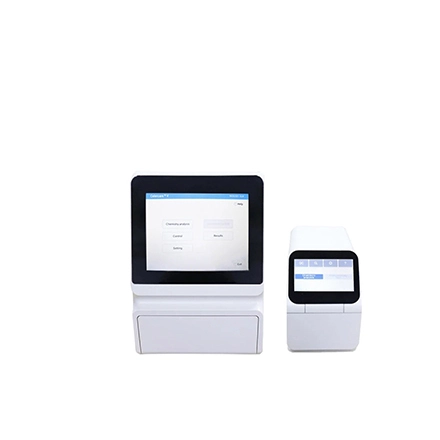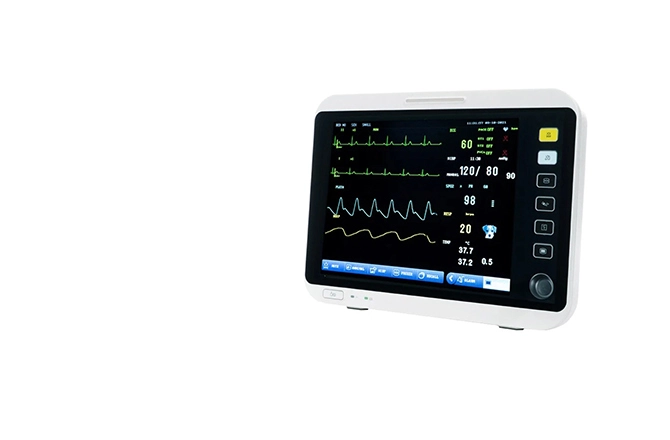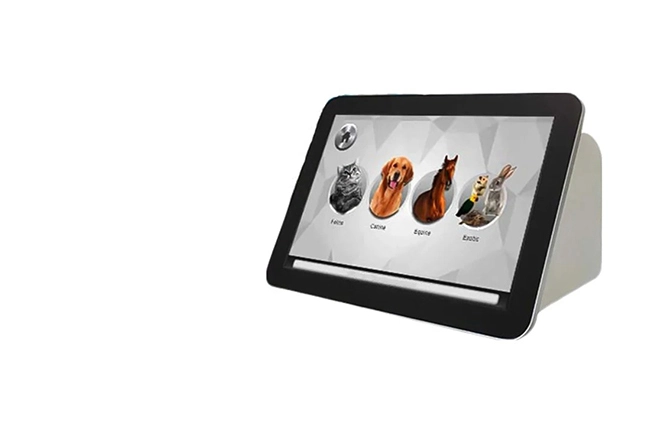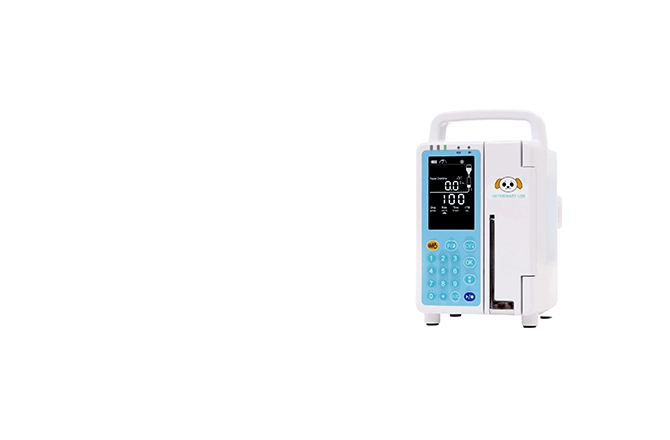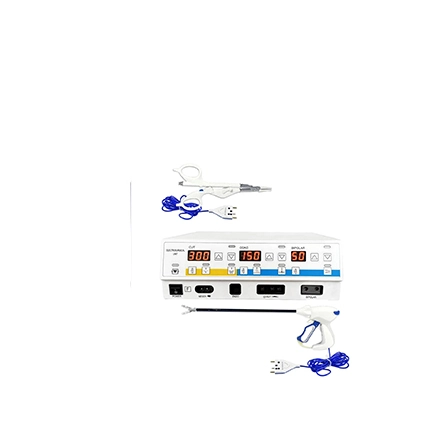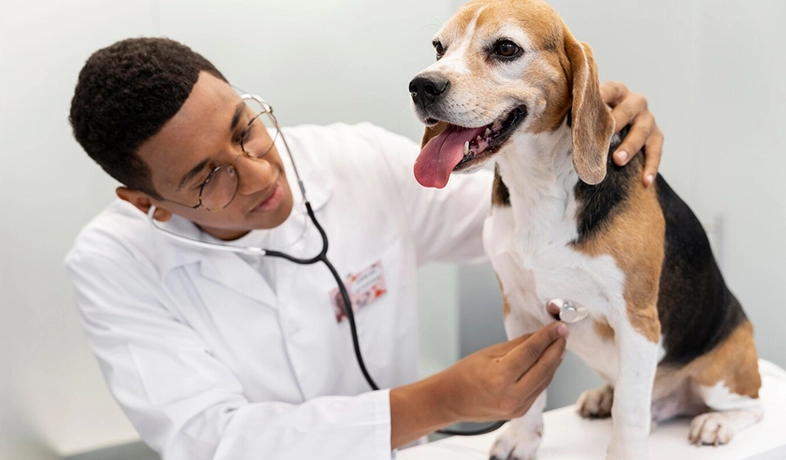How can vets ensure the safe and effective use of specialized veterinary medical devices?
Anatomy and Physiology: Animals have different anatomical structures and physiological processes compared to humans, requiring specialized pet medical devices tailored to their needs.
Size and Handling: Veterinary medical devices are designed to accommodate various animal sizes and species, ensuring proper fit and ease of use.
Regulatory Approval: Veterinary medical devices undergo separate regulatory processes and approvals specific to animal healthcare.
Veterinary Expertise: Veterinary medical devices often require familiarity with animal anatomy and veterinary practices for effective and safe usage.
Steps:
1. Identify the specific requirements and limitations of veterinary medical devices for animal patients.
2. Collaborate with veterinary professionals to understand their specific equipment needs.
3. Engage with animal medical device companies or suppliers specializing in veterinary medical devices.
4. Ensure compliance with applicable regulations and standards for veterinary medical devices.
How do RHC Medical's veterinary medical devices benefit veterinary care?
RHC Medical's medical devices for veterinary use improve access to healthcare, enable continuous monitoring, and help veterinarians make informed decisions quickly, especially in rural areas or during emergencies.
Which animal species can use RHC Medical's veterinary medical devices?
RHC Medical's veterinary medical devices are designed for a variety of species, including pets, livestock, and exotic animals, though some medical devices for veterinary use may be specialized for specific species.
Are RHC Medical's animal medical devices easy to use?
Yes, RHC Medical's veterinary medical devices are designed with user-friendly interfaces, but they may require training to ensure proper usage and integration with existing veterinary systems.
Do RHC Medical's animal medical devices comply with regulatory standards?
Yes, all RHC Medical's animal medical devices are subject to specific regulatory approvals and certifications to ensure safety and efficacy in veterinary care.
Can RHC Medical's veterinary medical devices integrate with existing veterinary systems?
Yes, many RHC Medical's veterinary medical devices are designed to integrate seamlessly with current veterinary management systems for easier data sharing and analysis.
 EN
EN
 fr
fr  es
es  ru
ru  ar
ar 

